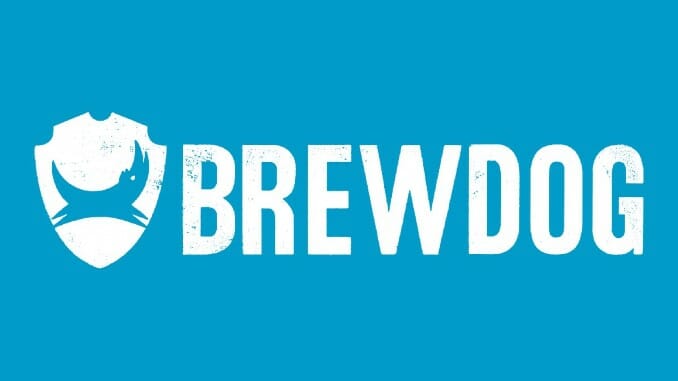BrewDog Now Accused of Lying to U.S. Distributors and Breaking U.S. Distribution Law

Since its inception in 2007, Scotland’s BrewDog has been a lightning rod for controversy and criticism, with it seeming at times like the beer company can’t go more than a few months without some kind of major PR disaster or snafu. Suffice to say, after a 2021 that included accusations of racism and sexism in the company culture, the mass firing of women and LGBTQ employees, and a letter signed by 100 former employees condemning the company’s working conditions, they were likely hoping to begin 2022 in a low-key way. This, however, will apparently not come to pass, as the company is now accused of having violated U.S. law numerous times when it comes to their distribution of beer to the U.S. in 2016 and 2017.
These latest accusations and revelations broke in the U.K. press this week, in advance of a TV investigation titled “Disclosure: The Truth About BrewDog,” which is scheduled to air on BBC One Scotland on Jan. 24, 2022. The 60-minute broadcast reportedly contains material alleging that BrewDog violated U.S. federal laws in 2016 and 2017 when they shipped beer to their U.S. facilities, including beer with ingredients (primarily extracts) that had not been approved by U.S. alcohol regulators. The brewery’s U.S. importers, meanwhile, have also thrown BrewDog under the bus, saying that they were deceived by the brewery.
According to the BBC, staff at the company’s Ellon brewery knew that two flagship beers, Elvis Juice and Jet Black Heart, contained extracts that had not been approved in the U.S. But the beers were shipped to the U.S. BrewDog facility anyway so that it would be able to operate on time, its own brewing equipment not yet being operational. Speaking with the BBC, former workers reported that “the pressure was enormous” to simply “make it happen.” Workers additionally feared losing their jobs if they didn’t follow orders. The following quote from an unnamed worker makes it as clear as it possibly can be: “We were continually told to ship beer to the USA, despite everyone knowing the beers hadn’t been approved.” All in all, the BBC said it has “seen evidence that suggests US treasury officials from the Alcohol and Tobacco Tax and Trade Bureau (TTB) were given false information on at least five occasions during a six-month period, which meant that potentially hundreds of kegs of beer were sent with incorrect labeling.”